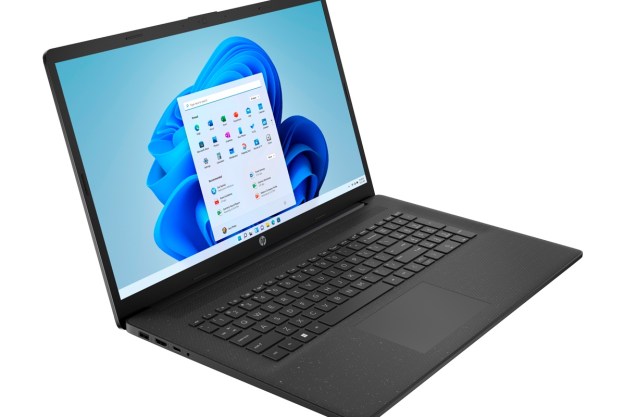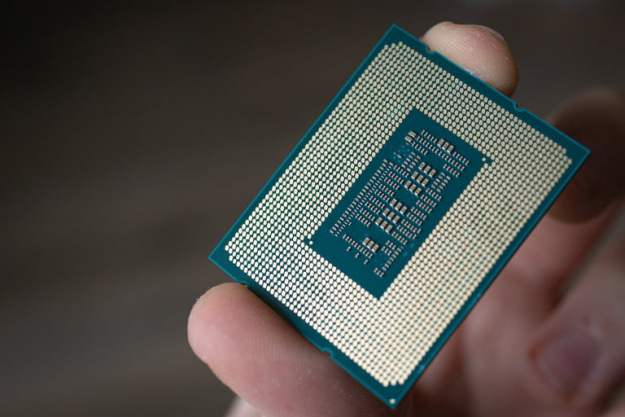
One New Zealand man of Asian descent discovered just how frustrating current facial recognition can be. He recently submitted a photograph of himself to renew his passport online, but was rejected because the facial recognition software claimed his eyes were closed, when in fact they were not.
The photo was submitted to the online passport photo checker used by New Zealand’s department of internal affairs. Twenty-two-year-old engineering student Richard Lee received a notification of the photograph’s rejection through a message posted on Facebook, stating that his eyes were closed and doesn’t meet the criteria.
“No hard feelings on my part, I’ve always had very small eyes and facial recognition technology is relatively new and unsophisticated,” Lee told Reuters. “It was a robot, no hard feelings. I got my passport renewed in the end.”
Lee, who was born in Taiwan and is currently studying aerospace engineering and business management in Melbourne, submitted his photo on Monday so he could return to Australia after visiting family in New Zealand this Christmas. He contacted the Department of Internal Affairs to find out why his photo was rejected, and was told that it wasn’t accepted due to the uneven lighting on his face.
Intent on renewing his passport, he submitted additional images for consideration, all of which were rejected by the facial recognition system. He then placed another call to find out the errors were due to the shadows in his eyes and the uneven lighting on his face. To resolve the issue, he headed to the Australian Post and had a new batch of pictures shot. Only one of them managed to be accepted.
That said, he finally renewed his passport, but the problem with the facial recognition fiasco led to nasty comments on Facebook, claiming that technology is getting racist, and more. Other
“Some people get offended way too easily because they’re not as confident with their origins,” Lee told The Daily Mail Australia. “At the end of the day we’re all different and of course there are certain situations where you have to stick up and some situations it’s just a good laugh.”
According to a spokesperson for the Department of Internal Affairs, up to 20 percent of the photos uploaded for passport renewals are rejected for various reasons. The most common error with photos is that the subjects’ eyes are closed. In the case of Richard Lee, the system generated a generic error message because it was unable to explain the actual problems.


